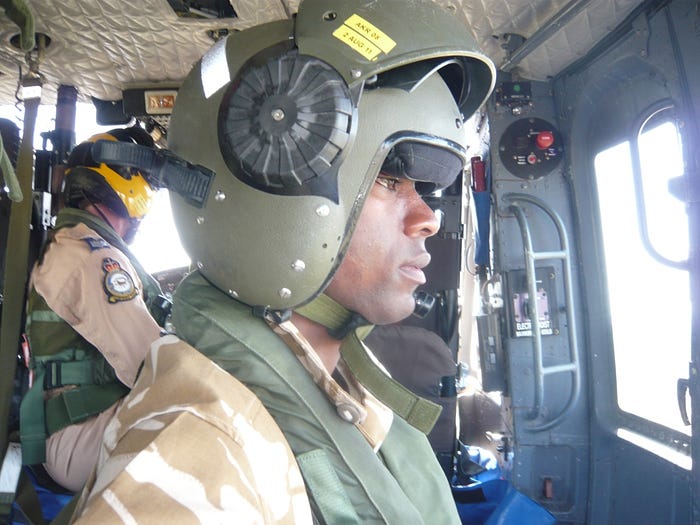Post by Admin on Feb 3, 2021 12:28:19 GMT -4

From Army Medic in Afghanistan to Front Line NHS
Having spent six satisfying years in the Army, Lance Corporal (as he was then) Kofi Quartey wondered what a life in civvie street could possibly have in store for him when he left the Armed Forces in 2014.
After all, his life in the service of his country with 4 Medical Regiment had suited him perfectly. Not only had he been surrounded by comrades who had come to feel like family, but he knew that his job was making a real difference.
Serving in Afghanistan at the same time as Prince Harry, Kofi’s role as a combat medic technician saw him attached to a number of British units and even to a team of American elite forces. Few people in life can claim to have had the experiences or the opportunities to collect the sort of skills that Kofi has had.
Working as an instructor with the emerging Afghan Army and police force, was just one of the experiences he’ll never forget.
As an instructor, taking them from scratch, with no medical or military skills to the point where they could go on patrol and look after themselves was really exciting.
Being part of the work to win hearts and minds there, and being able to help people to live safely so they could do their day to day jobs was special to me.
So, when he left all that behind him, what could possibly take its place?
I felt I’d left a very unique place behind me. I knew that the Army had taught me how to lead, how to have respect for others, and how to communicate and take charge of a project. But at the back of my mind there were doubts about how I could use my medical experience. As a combat medic technician, I had gained medical skills, but I knew I wasn’t a paramedic. I was not a clinician. So how could I fit in anywhere.
But a visit to a careers transition event changed his mind. ‘Step into Health’ is a series of forums which take place across the country, aimed at supporting NHS employers in their recruitment of people from the Armed Forces community.
It was just what he needed.
Kofi quickly banished any doubts that he had about finding a new organization that would embrace his talents.
The military trained me to lead, and now, in the NHS, I can bring that leadership to life.
During his first year in the NHS Kofi began, as part of his job, to support other Service leavers and their dependents to find career opportunities within the NHS.
He also became an advocate for the Armed Forces Covenant, helping employers in the NHS to understand the importance of supporting Reservists within their teams, and the skills that this kind of experience would bring back into the organisation.
In fact, such was the impact of his efforts that the hospital he works for, North Hampshire Hospital, was awarded a gold in this year’s Employer Recognition Scheme, as part of the Armed Forces Covenant.
It is yet another achievement that he can feel proud about.
It’s refreshing to see the NHS gaining trust in the military and realizing the wide range of skills and knowledge we have to offer.
The NHS has certainly recognized Kofi’s talent. He is now a workforce development coordinator, applying the can — do skills he learned in the military to the benefit of his new employer.
I’m working towards building people-centred health centres that are entirely patient-focused.
The feedback from the wards about the quality of the support workers he helps develop has been exceptional.
But exhibiting yet another skill he learned in the military, that of modesty, Kofi simply says:
If a team works well, then everything runs more smoothly. It’s refreshing to see people leading and growing more confident in themselves.

